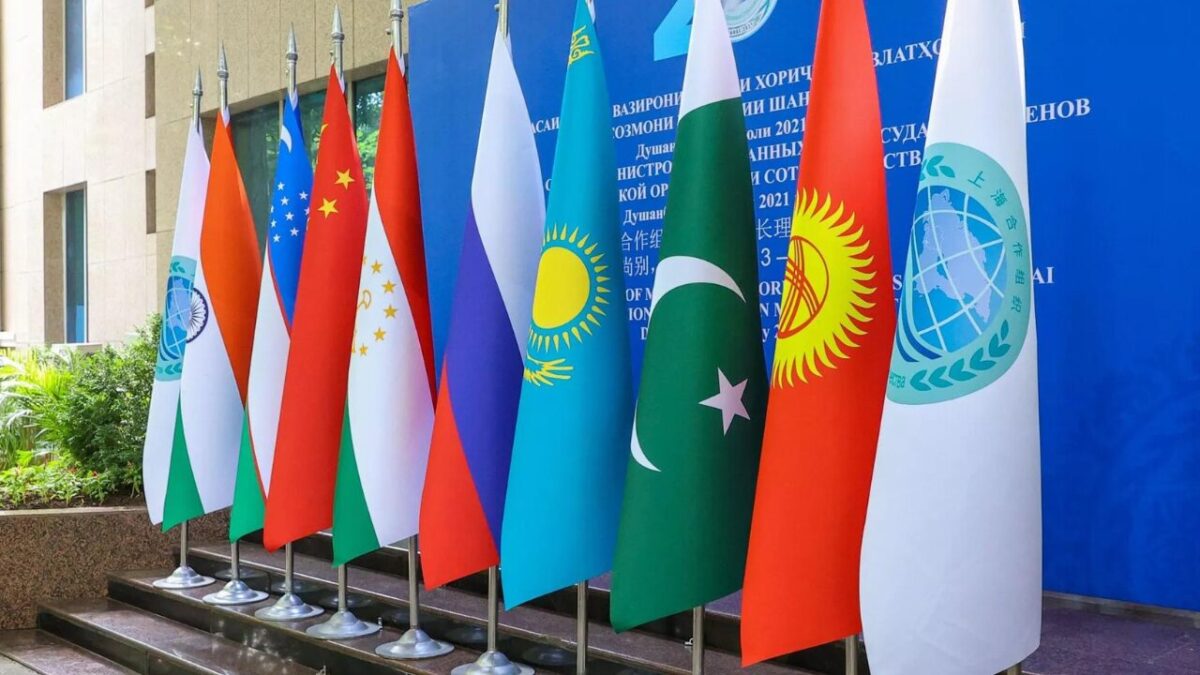Despite Afghanistan’s membership in the Shanghai Cooperation Organization (SCO), the Taliban has not been invited to its meetings, according to a recent analysis by the United States Institute of Peace (USIP).
The analysis attributes this exclusion to disagreements among SCO members, particularly between Pakistan and India, over how to engage with the Taliban.
Carla Freeman, an expert at the USIP, highlighted that promoting stability in Afghanistan was a significant topic at last week’s meeting of SCO foreign ministers in Astana, Kazakhstan.
Freeman pointed to the March attack on Chinese engineers in northern Pakistan, which she suggested might have been planned in Afghanistan, raising concerns about the potential for Afghanistan to become a haven for violent extremist groups.
Freeman noted that Pakistan has called for the SCO to revive its Contact Group for Afghanistan as a platform for cooperation on security and humanitarian issues. She emphasized that Pakistan has criticized the Taliban’s efforts against terrorist groups as inadequate.
“Although Afghanistan holds observer status at the SCO, the Taliban-led government has not been invited to SCO meetings,” Freeman said. “During the SCO Foreign Ministers’ meeting, Wang Yi called for greater dialogue between SCO states and Afghanistan, alongside improved coordination within the organization on regional security.”
Meanwhile, Bates Gill of the National Bureau of Asian Research remarked that it is “highly likely” Iran will soon be admitted as a full member of the SCO, possibly as early as the SCO state leaders summit in July this year. “Afghanistan and Mongolia look to be next in line,” he added, referencing the three observer states.
This development follows a report from the United Nations Security Council, which highlighted the presence of approximately 20 terrorist groups in Afghanistan under the Taliban’s rule. The report indicated that al-Qaeda has established training camps and sanctuaries, while Daesh remains a significant threat to the region.





